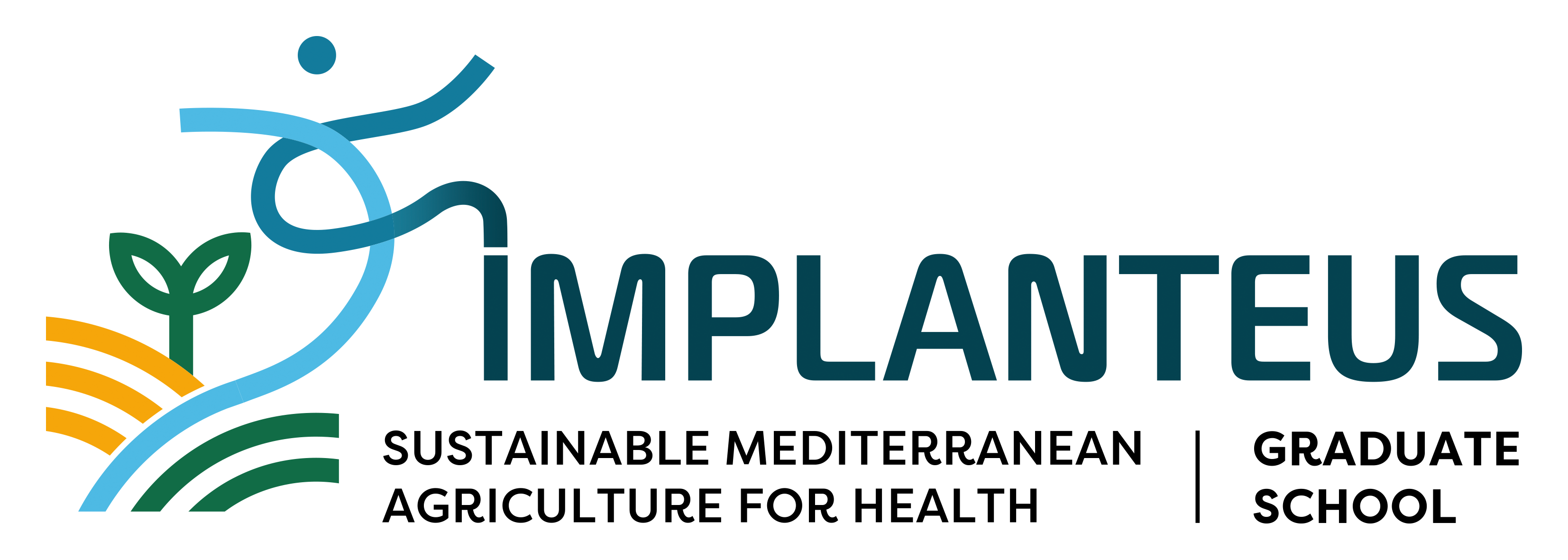
- Cet évènement est passé.
[Implanteus Lectures] Mercredi 23/04/2025 : « There is nothing simple about vector control » Marieta Braks, National Medical Entomologist / Public Health Entomologist, Institute Center for Infectious Disease Control, Dutch National Institute of Health and the Environment
L’école universitaire de recherche Implanteus, propose pour sa quatrième année un cycle de conférences en ligne & en présentiel.
La deuxième conférence du second semestre aura lieu :
Mercredi 23/04/2025 de 14H30 à 16H30 visio, heure de Paris
https://bbb.univ-avignon.fr/rooms/fay-vdw-wco
Marieta Braks, National Medical Entomologist / Public Health Entomologist, Institute Center for Infectious Disease Control, Dutch National Institute of Health and the Environment
« La lutte antivectorielle n’a rien de simple » / “There is nothing simple about vector control”
Brief bio-sketch:
(1969) is a medical entomologist with the Dutch National Institute of Public Health and the Environment (RIVM), the Netherlands. After studying biology at the University of Utrecht, she obtained her Ph.D. in Entomology from the Wageningen University in 1999. She then worked in the USA for seven years, first as a postdoc at the Florida Medical Entomology Laboratory and at the Entomology Laboratory of the University of California at Riverside and later as staff member of the Vector – borne diseases Department of the California State Department of Public Health in Sacramento. With extensive experience in the surveillance and control of vectors and diseases, she returned to the Netherlands to work at the Centre for Zoonoses and Environmental Microbiology of the RIVM in 2007. In addition to national activities, she participates in international networks and projects related to vector-borne diseases in Europe and the Caribbean. Since 2014, she has been a member of the consortium Vbornet and VectorNet, the European Network of Medical and Veterinary Entomology, which she led the past 4 years. Since February of 2023, she also has a permanent position as lecturer (one day/week) at the Center for Environmental Sciences of the University of Leiden.
Abstract:
A technical guideline for vector surveillance and control, including frameworks for decision-making and action, is repeatedly requested by stakeholders, hoping for a “recipe for success”. Although various guidelines are being developed, there is no universal “recipe for success”, neither now nor in the future. Why not, one might ask? Because vector control is not just a matter of following a set of predetermined instructions. It is challenging, mainly because we are dealing with organisms with naturally large population fluctuations leading to large spatial and temporal variations and enormous resilience to control interventions. These basic characteristics of vectors are not easy to overcome, even with innovative methods or integrated vector management approaches. Recognizing that vector control is not just a matter of following a generic protocol is the first step. In fact, there is nothing simple about vector control. Real progress will only be possible if we, entomologists and vector control professionals, stop trading in fantasy and castles in the air and take on the challenges of controlling vector-borne diseases through sustainable integrated vector management in the real world.
